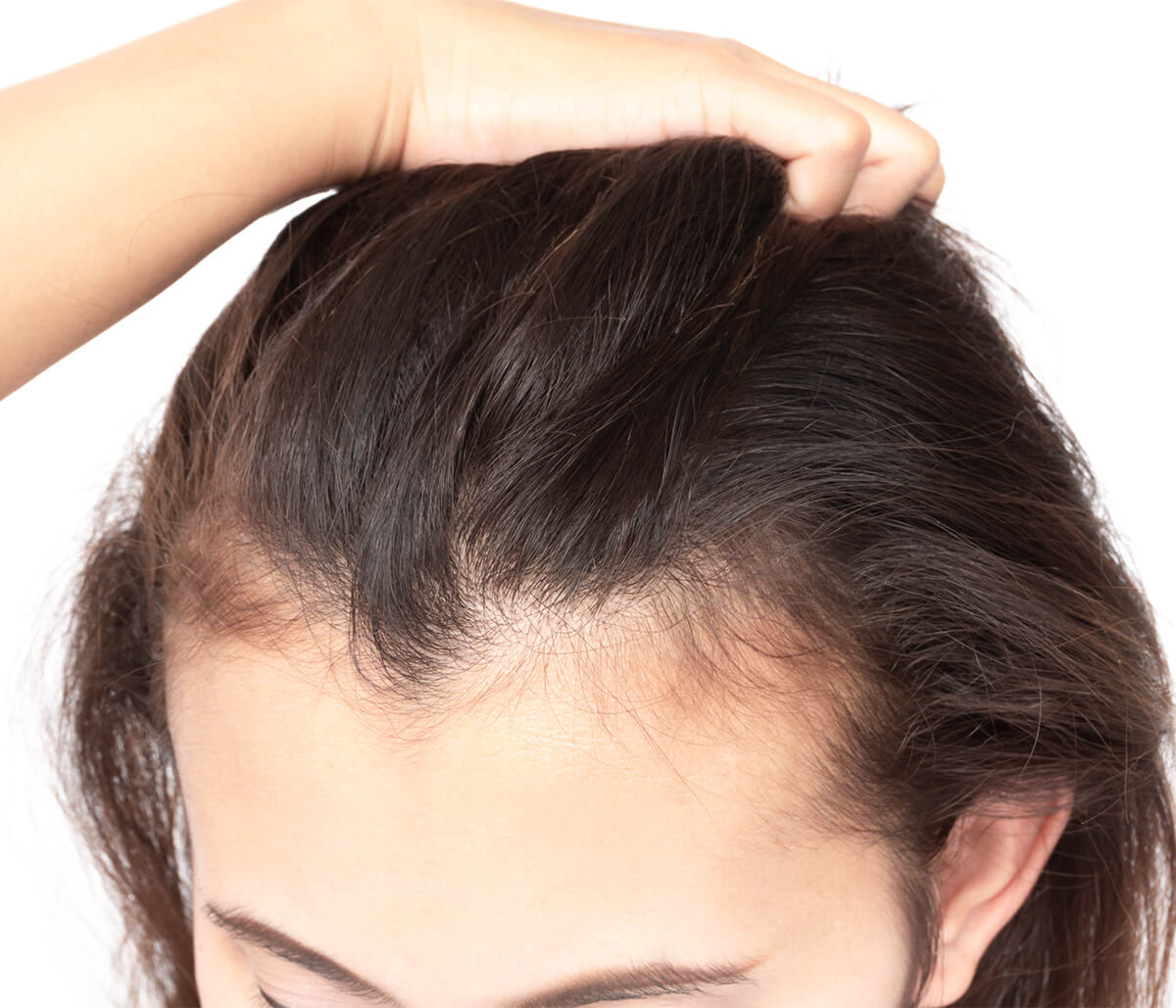
COVID-19 NOTICE : Safety measures implemented

05
Mar
Can a dermatologist help restore hair after hair loss?

Hair thinning and loss don’t have to be a guarantee for men and women as they age. Thanks to continued advancements in the field of dermatology and the study of alopecia, patients who have thinning hair and are noticing unwanted changes will want to speak to a provider at the Center for Dermatology and Dermatologic Surgery in Washington, DC, and Annapolis, Maryland, to discuss their options for stopping the loss of hair and finding solutions to restore it. Drs. Cheryl Burgess and Beverli Fontaine can assist, offering several treatment options for patients to consider.
What causes hair loss?
Several factors can contribute to hair thinning and loss that need to be evaluated before giving a proper diagnosis and discussing treatment options with our team at the Center for Dermatology and Dermatologic Surgery. Some causes may include:
- Genetics. It’s essential to look at the patient’s family history of hair loss, as genetics can play a significant role in this condition
- Hormonal changes. Any fluctuations in hormone levels, such as those that happen during pregnancy or even menopause, can cause temporary hair thinning and loss
- Medical conditions. Certain medical conditions, including thyroid disorders, autoimmune diseases, and some scalp infections, can lead to hair loss
- Medications. Some prescription medications, such as those for cancer, depression, and high blood pressure, have been known to cause hair loss as a side effect
- Stress. While temporary, extreme stress or trauma can trigger a unique type of hair loss known as telogen effluvium
- Hairstyles and treatments. Pulling hair too tight with hairstyles like ponytails and braids or damaging hair with chemical treatments can cause gradual hair loss over time
How can hair loss be treated?
At the Center for Dermatology and Dermatologic Surgery, we offer various treatment options to help patients struggling with hair loss. These may include:
- Topical medications. Prescription topical solutions containing an ingredient known as minoxidil have been proven effective in stopping hair loss and promoting new hair growth
- Oral medications. In some situations, oral medications such as finasteride and minoxidil may be recommended to block the hormone that causes hair loss and help restore hair, along with hair supplements
- Platelet-rich plasma (PRP) therapy. This innovative treatment stimulates hair growth when a concentration of the patient’s platelets is injected into the scalp
- Hair transplantation surgery. When other options fail, our team may recommend surgical interventions to transplant healthy hair follicles where they are needed to restore hair in specific areas. We try to consider non-invasive treatment options first before we suggest this type of procedure for our patients
Where can I find a dermatologist who can help with hair loss?
Are you struggling with thinning hair or loss? Are you interested in working with a provider in the areas of Washington, DC, and Annapolis, Maryland, who can provide solutions to restoring thick, healthy hair where you want it?
We welcome you to visit one of our two office locations to speak to Drs. Cheryl Burgess and Beverli Fontaine of the Center for Dermatology and Dermatologic Surgery to discuss your options.
We are open to new and current patients and look forward to meeting you! Schedule your appointment today by calling (202) 955-5757 (Washington) or (410) 224 1195 (Annapolis).
